Can cats share a litter box? Many pet owners say their cats manage just fine, while others experience problems like stress or territorial behavior. The answer depends on your cats’personalities, habits, and living environment. By understanding the benefits and potential challenges of litter box sharing, you can create a setup that keeps your cats comfortable and your home clean. Let's dive into what works best for multi-cat households!

Can Cats Really Share A Litter Box
The short answer is: yes, cats can share a litter box, but it's not always ideal. While some cats may tolerate sharing without issues, many prefer to have their own space for elimination. The success of litter box sharing depends on various factors, including the cats' personalities, the number of cats in the household, and the overall living environment.
Should Cats Share A Litter Box
It's important to note that just because cats can share a litter box doesn't mean they should. Forcing cats to share when they're not comfortable doing so can lead to stress, behavioral issues, and even health problems.
Factors to Consider When Sharing A Litter Box
If you're considering letting your cats share a litter box, or your house is too small to accommodate more than one, here are some key factors to keep in mind:
Size Matters
When multiple cats are using the same litter box, size becomes even more important. A general rule of thumb is that a litter box should be about 1.5 times the length of your largest cat. For shared boxes, you might want to go even bigger to ensure there's always a clean spot available.
Location
The placement of shared litter boxes is crucial. They should be in quiet, easily accessible areas where cats feel safe and undisturbed. Avoid high-traffic areas or places near noisy appliances. If possible, provide multiple boxes in different locations to give your cats options.
Type of Litter Box
Some cats prefer open litter boxes, while others prefer covered litter boxes for privacy. When sharing a litter box, an open litter box may be more suitable because the cat can see the surrounding environment and will not feel trapped.
Litter Type and Depth
Use a litter type that all your cats like. Some cats are picky about texture, so you might need to experiment. Keep the litter depth consistent (about 2-3 inches) and top it up regularly as multiple cats will use it more quickly.
Cleanliness is Key
With multiple cats using the same box, frequent cleaning becomes even more critical. Scoop at least twice a day, and consider investing in clumping litter for easier maintenance. If you don’t have so much time and energy, you can consider buying an open-top self cleaning cat litter box like Neakasa, which will be a new experience for both you and your cat.
Cat Relationships
The dynamics between your cats play a significant role in successful litter box sharing. Cats who get along well are more likely to tolerate sharing than those who don't.
By considering these factors, you can create an environment that makes litter box sharing more likely to succeed. However, it's important to remember that every cat is unique, and what works for one household might not work for another.
How Many Litter Boxes for 2 Cats Or More
While cats can share litter boxes, most veterinarians and cat behaviorists recommend following the "golden rule" of litter box ownership: provide one litter box per cat, plus one extra. This means if you have two cats, you should ideally have three litter boxes.
This method avoids cross contamination. It is usually suitable for cats with territorial problems. Or your cat prefers different types of litter or you just can't clean the litter box often enough. Of course, if you don't have such a big budget or space for a litter box, you can consider buying a large and a small one. The large one is the litter box that the cats usually use. The second one can be placed in a hidden but still easy to reach place.

Signs That Sharing Isn't Working
While some cats may adapt well to sharing a litter box, others may struggle. It's important to be aware of signs that indicate the arrangement isn't working:
Inappropriate elimination: If your cats start urinating or defecating outside the litter box, it could be a sign they're uncomfortable sharing.
Increased aggression: Fighting or aggressive behavior near the litter box might indicate territorial disputes.
Avoidance: If one cat seems to be avoiding the litter box or holding their bladder/bowels for long periods, they may be stressed about sharing.
Overgrooming: Excessive grooming, especially around the genital area, could indicate stress or urinary tract issues related to litter box problems.
Changes in bathroom habits: If you notice changes in frequency, amount, or consistency of waste, it could be a sign of stress or health issues.
Spraying: Cats may start spraying to mark their territory if they feel their litter box space is threatened.
If you observe any of these signs, it's best to separate the litter boxes and provide more options for your cats. Remember, it's always better to have too many litter boxes than too few.

Conclusion
While cats can share a litter box, it's not always the best solution for every household. The decision to have your cats share should be based on their individual personalities, your living situation, and your ability to maintain a clean, stress-free environment.
Remember the golden rule of "one box per cat, plus one" as a starting point, but be prepared to adjust based on your cats' needs. Pay close attention to your cats' behavior and be ready to make changes if you notice any signs of stress or litter box avoidance.
FAQs About Sharing A Litter Box
Q: Can kittens share a litter box?
A: While kittens from the same litter might share more readily, it's still best to provide multiple boxes as they grow to prevent future issues.
Q: Do male and female cats need separate litter boxes?
A: Gender doesn't necessarily determine litter box preferences. It's more about individual personalities and the number of cats in the household.
Q: How often should I clean a shared litter box?
A: With multiple cats using the same box, you should scoop at least twice daily and perform a deep clean weekly.
Q: Can sharing a litter box cause health problems?
A: Yes, it can potentially lead to stress-related issues or the spread of illness if one cat is sick. It's important to maintain excellent hygiene.
Q: My cats have always shared a litter box without problems. Should I still add more?
A: If your cats are comfortable and there are no issues, you may not need to change anything. However, having an extra box on hand is always a good idea.


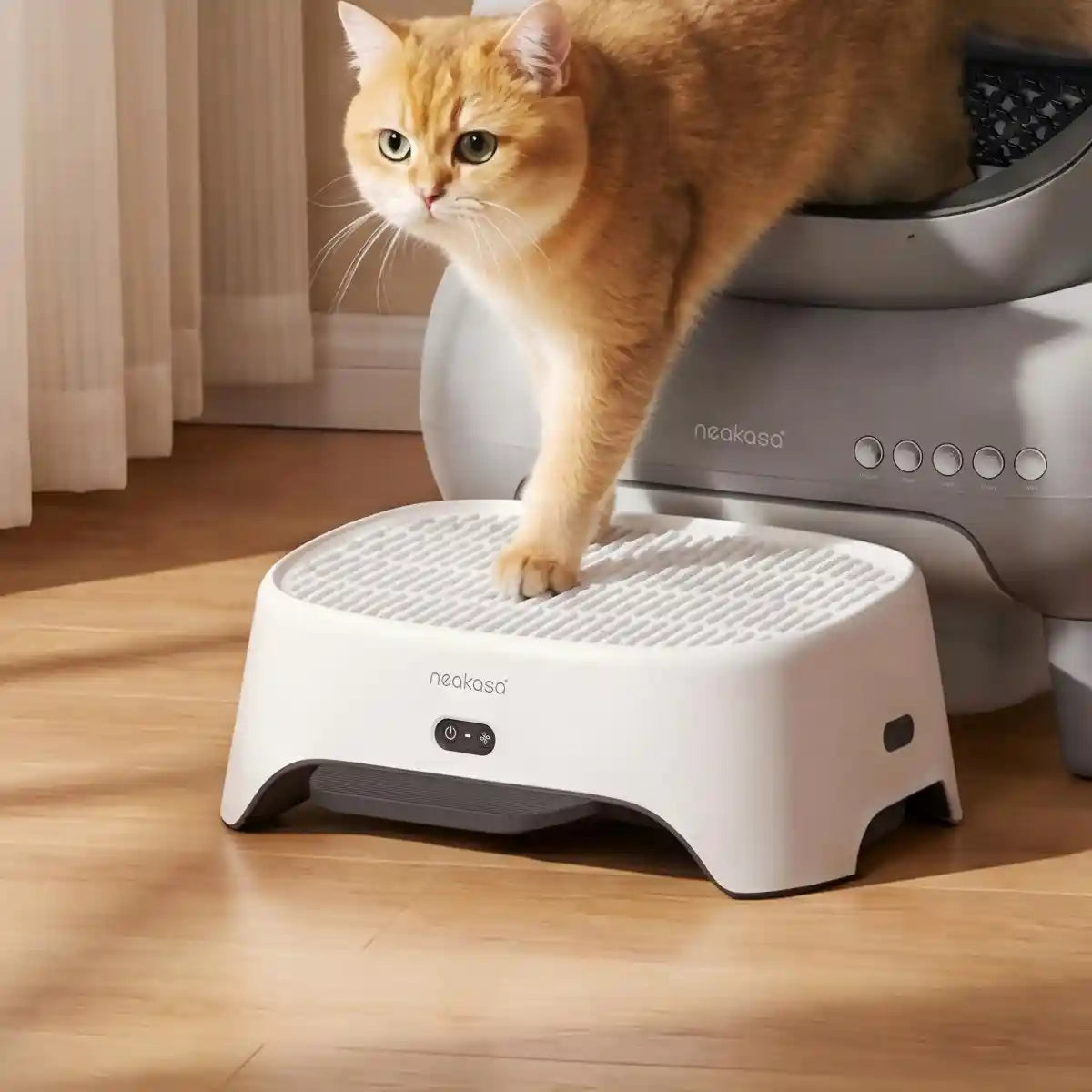
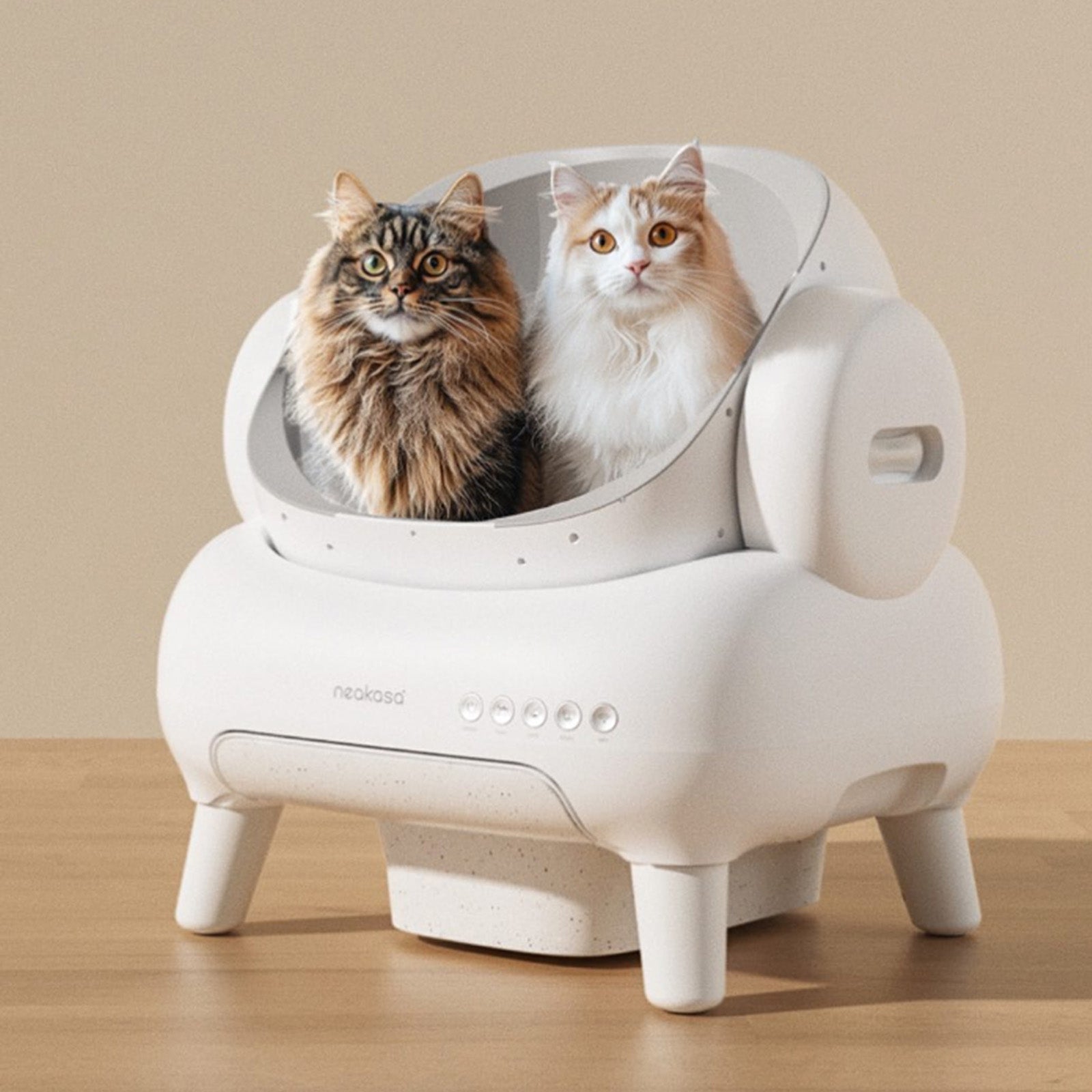
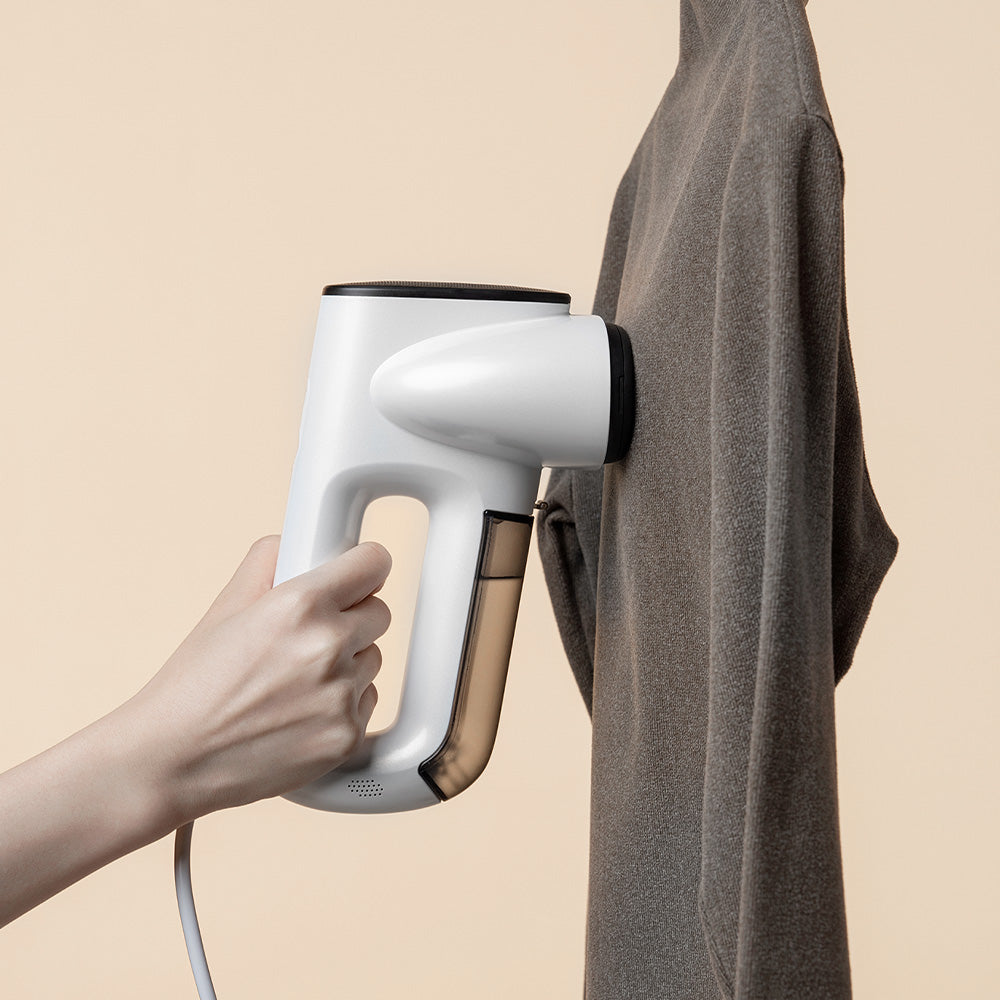
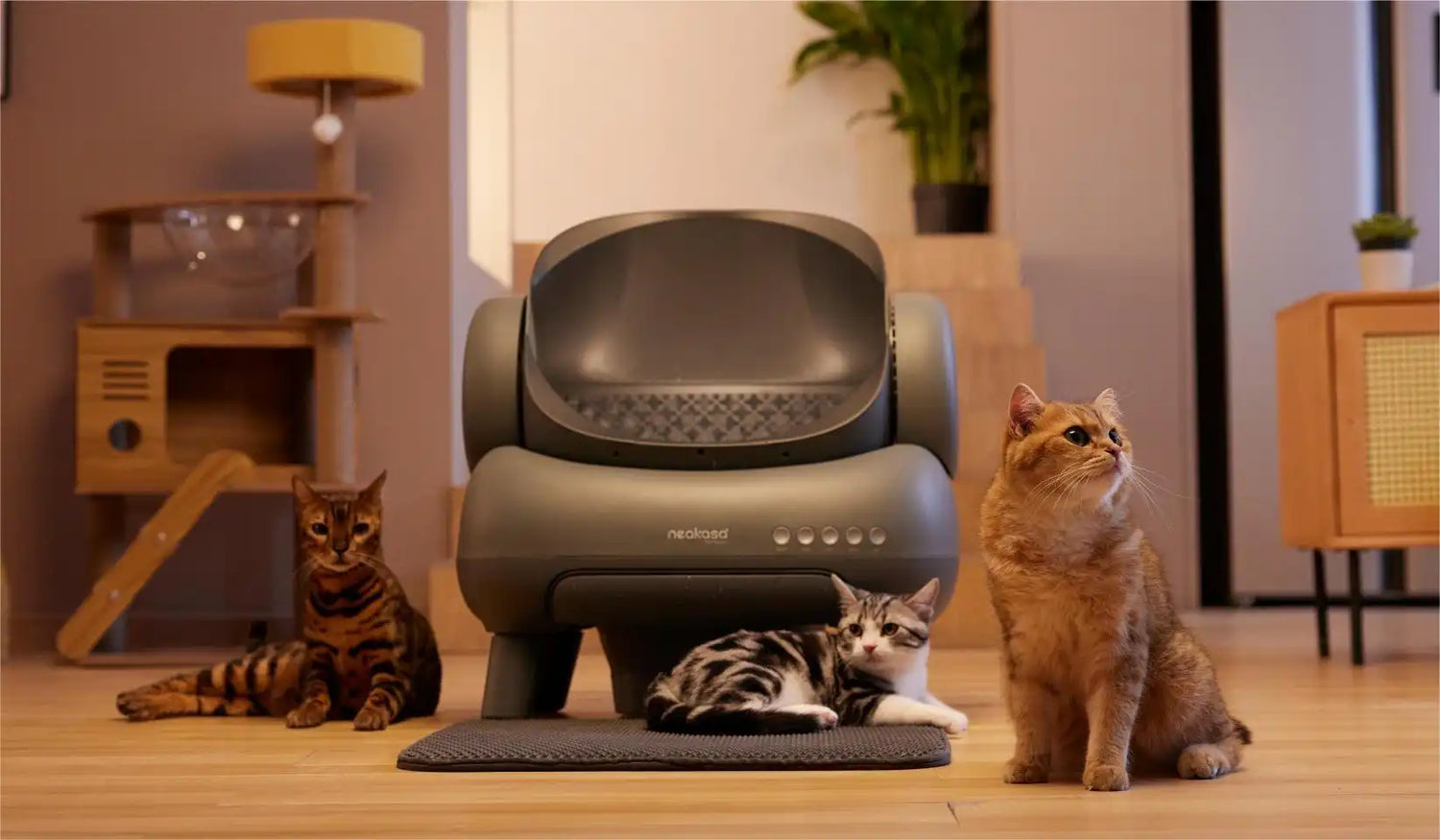



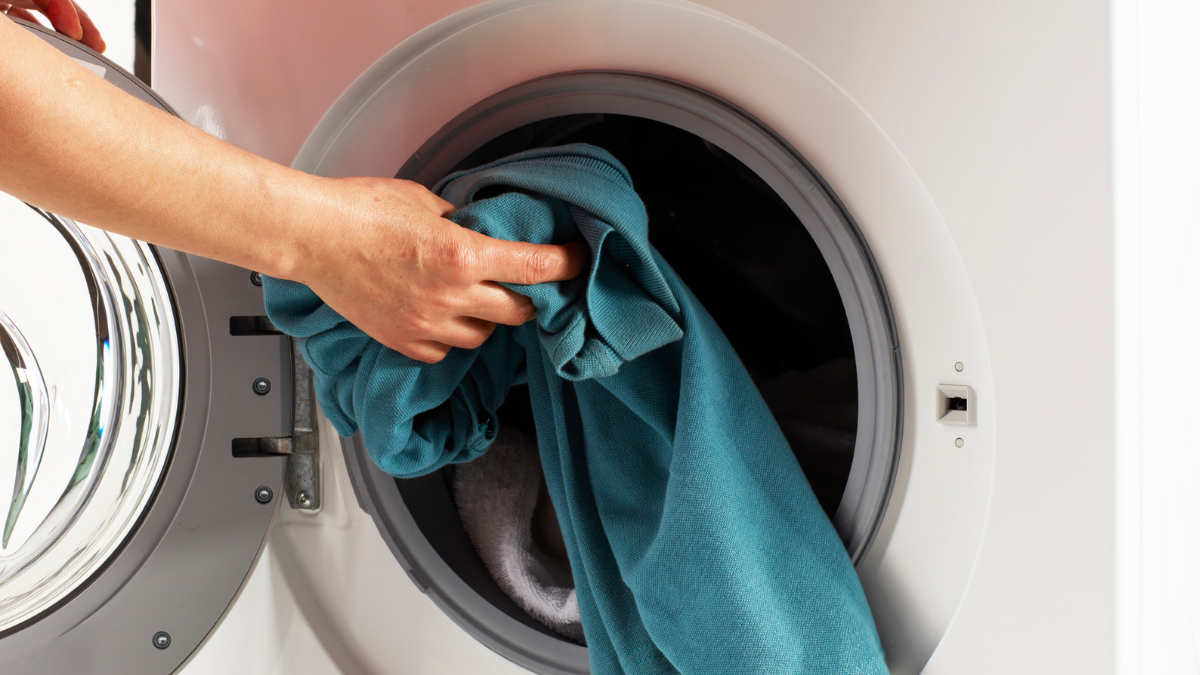
Leave a comment
This site is protected by hCaptcha and the hCaptcha Privacy Policy and Terms of Service apply.